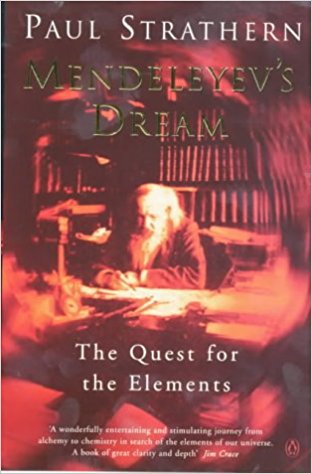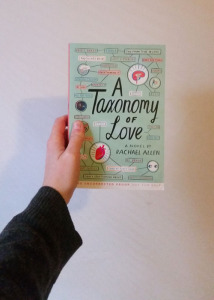
This book isn’t exactly about Dimitri Mendeleyev, he only shows up 260 pages into a 295 page book, but there’s the old line “standing on the shoulders of giants”. This is about the slow process the chemistry went through to develop from the rather haphazard work of the ancient Greeks and Egyptians to the modern science that it became with Mendeleyev’s Periodic Table.
For the most part, the book is full of tales of the various personalities that paved the way for Mendeleyev. Big names like Issac Newton, Francis Bacon and Antoine Lavoisier are covered, as are lesser known figures like the unlucky Carl Scheele or the disreputable Johann Becher. The first half of the book switches between a history of alchemy and a history of empirical science in general, as it needs to. The later chapters focus more and more on chemistry, and particularly that which led towards the understanding of elements.
It’s a fairly light book, but Strathern does find time to weigh in with opinions – on the views of male scientists that kept it a boy’s club for so long, and on people who either had the right approach but wrong answer or vice versa. This second point could have had more made of it – it is acknowledged that even good scientists will hold to their beliefs or opinions (Priestly and others trying to hold onto their theories about Phlogiston after Lavoisier’s identification of Oxygen) but it doesn’t really interrupt the sense of progress.
My only real disappointment with the book is the ending point. Other than a brief comment on the success of the periodic table in the future, the book cuts out at Mendeleyev’s peak. For what is basically a general history of chemistry, it would be nice to see where the subject went in its mature form.
Advertisements Share this:




